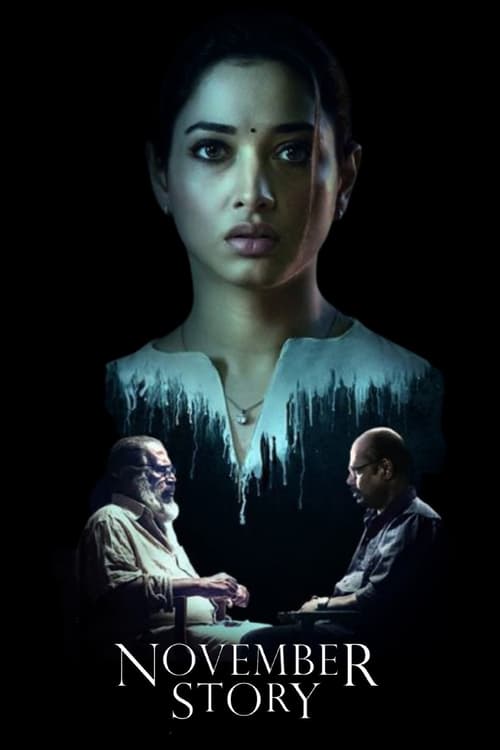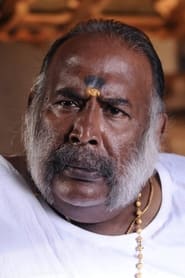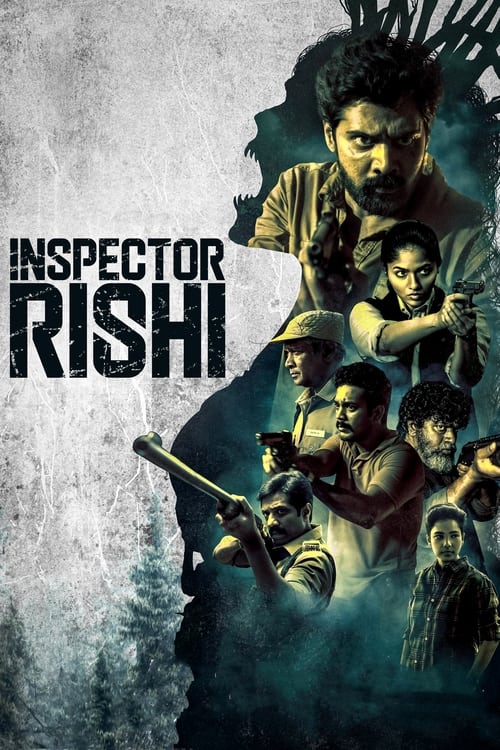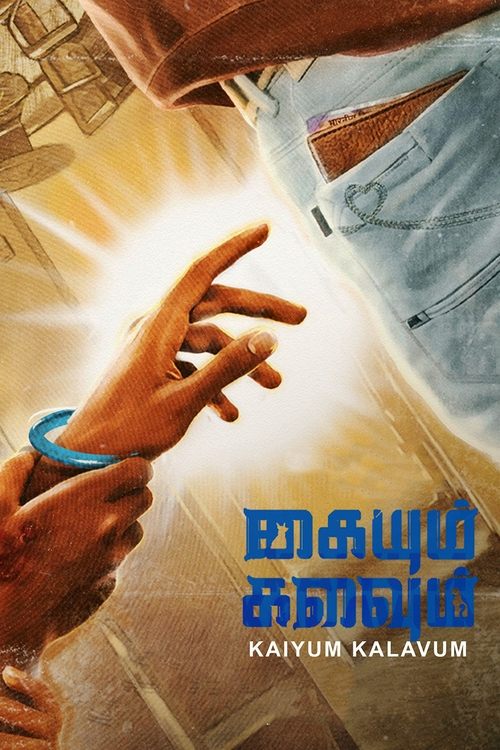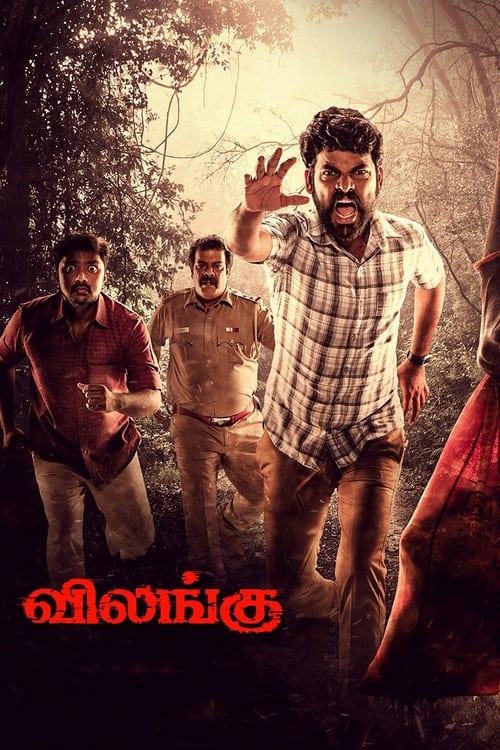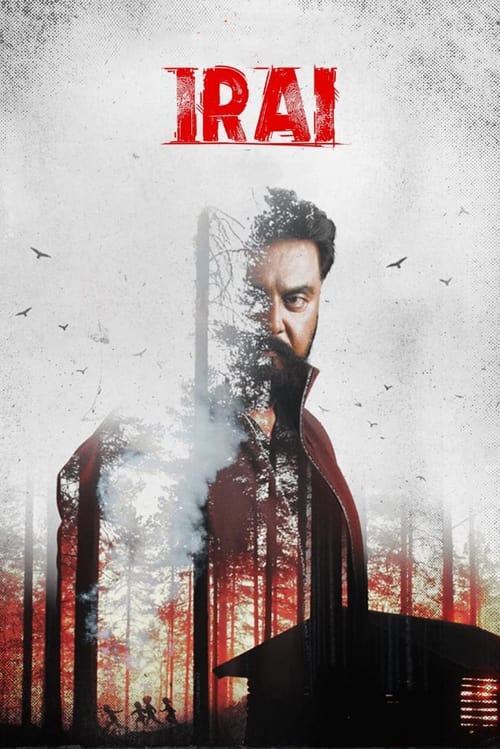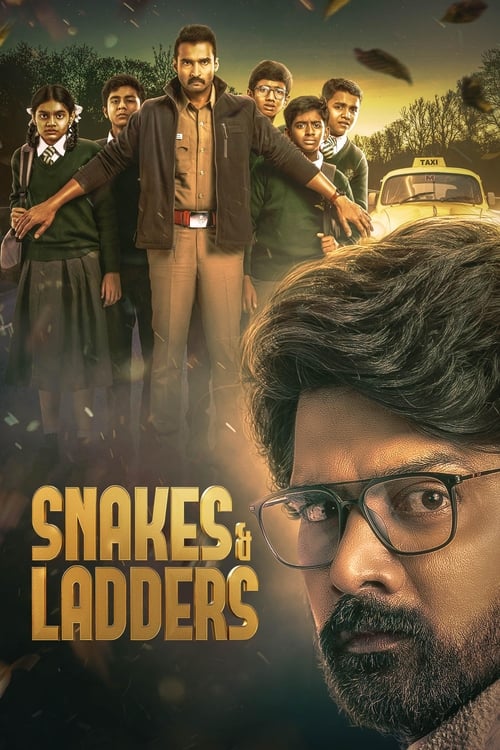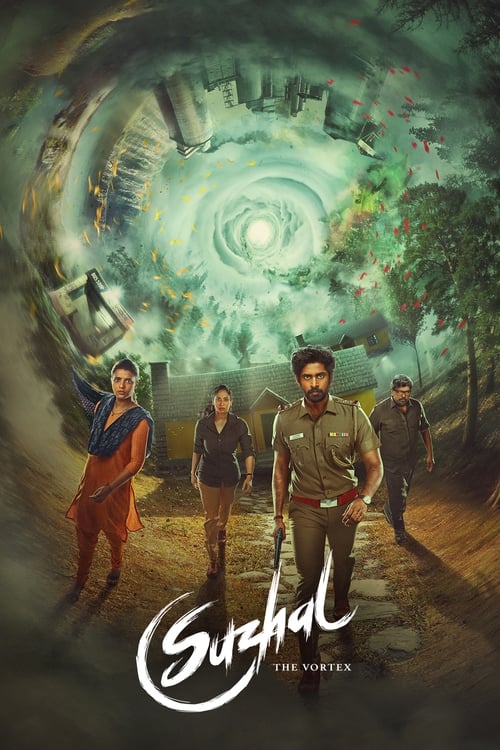
Ask Your Own Question
What is the plot?
The story begins with Anu, a talented and ambitious woman, who is deeply involved in her work as a graphic designer. She is shown to be dedicated to her craft, often working late into the night. Anu's life takes a dramatic turn when she receives a phone call informing her that her father, a well-respected writer, has been found unconscious in his home. The news is shocking, and Anu rushes to the hospital, where she learns that her father is in critical condition.
At the hospital, Anu is met by her mother, who is distraught and overwhelmed. They both struggle to process the situation, and Anu's mother reveals that her father had been acting strangely in the days leading up to the incident. This revelation raises questions about his mental state and the circumstances surrounding his collapse. Anu feels a mix of concern for her father and frustration at the lack of clarity regarding his condition.
As Anu begins to navigate the hospital bureaucracy, she discovers that her father had been working on a new manuscript before his collapse. Intrigued, she decides to delve into his work, hoping to find clues about his state of mind. She discovers that the manuscript contains dark themes and unsettling imagery, which leads her to question what her father was going through. Anu's emotional turmoil deepens as she grapples with the possibility that her father's struggles may have been more profound than she realized.
In the following days, Anu's father regains consciousness but is unable to communicate effectively. He appears disoriented and confused, which adds to Anu's anxiety. During this time, Anu begins to piece together her father's recent activities, including his interactions with a mysterious woman named Meera. Anu's curiosity about Meera grows, and she feels compelled to learn more about her father's relationship with her.
Anu's investigation leads her to Meera, who is revealed to be a former student of her father's. Meera shares that her father had been mentoring her and that their relationship had become increasingly complex. Anu feels a mix of jealousy and protectiveness over her father's legacy, and she confronts Meera about her intentions. The confrontation is tense, with Anu demanding answers about her father's state of mind and the nature of their relationship.
As Anu continues to dig deeper, she uncovers a series of letters that her father had written to Meera. The letters reveal his struggles with depression and his feelings of inadequacy as a writer. Anu is devastated by the realization that her father had been suffering in silence, and she feels a profound sense of guilt for not recognizing his pain sooner. This discovery propels her to confront her own feelings of inadequacy and the pressure she feels in her career.
In a pivotal moment, Anu decides to confront her father in the hospital. She expresses her love for him and her desire to understand what he has been going through. Her father, still struggling to articulate his thoughts, manages to convey a sense of regret and longing for connection. This emotional exchange serves as a turning point for both characters, as Anu begins to see her father not just as a parent but as a complex individual with his own struggles.
As the story progresses, Anu's relationship with her mother becomes strained. Her mother is focused on maintaining a façade of normalcy, while Anu is desperate for authenticity and understanding. This conflict culminates in a heated argument, where Anu accuses her mother of ignoring the reality of their situation. The confrontation forces both women to confront their grief and the impact of their father's condition on their family dynamics.
In the climax of the story, Anu learns that her father's condition is deteriorating, and he may not have much time left. This revelation pushes her to take decisive action. She organizes a family gathering, inviting close friends and relatives to share their memories of her father. The gathering becomes a cathartic experience, allowing everyone to express their love and appreciation for him. Anu's father, despite his condition, is moved by the outpouring of affection and begins to regain some clarity.
In the final scenes, Anu reflects on her father's legacy and the impact of his work on her life. She decides to honor him by completing the manuscript he had started, using her own voice to convey the themes he had explored. The act of writing becomes a healing process for Anu, allowing her to connect with her father in a new way. The story concludes with Anu finding a sense of peace, embracing her father's memory while forging her own path as an artist.
What is the ending?
In the ending of "November Story," the protagonist, Anu, confronts the truth about her father's past and the circumstances surrounding his actions. She ultimately decides to protect him, leading to a resolution that intertwines her love for her father with the moral complexities of their situation.
As the final episodes unfold, Anu is deeply embroiled in the mystery surrounding her father, who is accused of murder. The tension escalates as she uncovers layers of deception and hidden truths. Anu's emotional state fluctuates between despair and determination as she grapples with her father's deteriorating mental health and the implications of his actions.
In the climactic scenes, Anu discovers that her father, a once-renowned writer, had been struggling with dementia, which clouded his judgment and led to the tragic events. This revelation weighs heavily on her, as she must reconcile her love for him with the reality of his condition.
In a pivotal moment, Anu confronts the police and the legal system, advocating for her father's innocence while also acknowledging the complexities of his mental state. The emotional turmoil is palpable as she fights against the tide of public opinion and the evidence stacked against him.
As the series concludes, Anu makes a heart-wrenching decision to protect her father, choosing to shield him from the consequences of his actions. This decision is not made lightly; it reflects her deep-seated love and the bond they share, despite the darkness that has enveloped their lives.
The final scenes depict Anu standing by her father, who is now in a care facility, lost in his own world. She visits him regularly, reading to him from his own books, a bittersweet reminder of the man he once was. The camera lingers on her face, capturing a mix of sorrow and resolve as she embraces her role as his protector, even as she mourns the father she has lost to illness.
In the end, Anu's journey is one of profound emotional depth, illustrating the complexities of familial love, the impact of mental illness, and the moral dilemmas that arise when faced with the fragility of human life. Each character's fate is intertwined with the themes of memory, loss, and the enduring bonds of family, leaving viewers with a poignant reflection on the nature of love and sacrifice.
Is there a post-credit scene?
In the TV show "November Story," there is no post-credit scene. The series concludes its narrative without any additional scenes after the credits roll. The final moments of the show focus on the resolution of the main plot, leaving viewers with a sense of closure regarding the characters' journeys and the mysteries that have unfolded throughout the series. The emotional weight of the story is encapsulated in the last scenes, emphasizing the themes of love, sacrifice, and the complexities of familial relationships.
What is the significance of the diary in November Story?
The diary serves as a crucial narrative device in November Story, acting as a link between the protagonist, Anu, and her father, who is suffering from Alzheimer's disease. It contains memories and secrets that reveal the complexities of their relationship and the family's past. As Anu reads through the diary, she uncovers hidden truths that drive her to confront her father's deteriorating condition and the impact it has on her life.
How does Anu's relationship with her father evolve throughout the series?
Anu's relationship with her father, who is portrayed as a once-vibrant man now lost to Alzheimer's, is central to the narrative. Initially, Anu feels a mix of frustration and sadness as she grapples with her father's memory loss. However, as she delves into his past through the diary, she begins to understand him better, leading to moments of tenderness and reconciliation. This evolution highlights her journey from resentment to empathy, showcasing the emotional weight of familial bonds.
What role does the character of the detective play in the story?
The detective in November Story serves as a catalyst for the unfolding mystery surrounding Anu's father's actions. As he investigates a crime linked to her father, he becomes an unwitting participant in Anu's quest for truth. His interactions with Anu reveal her desperation and determination to protect her father's legacy, while also adding tension to the narrative as he uncovers layers of deception and hidden motives.
What are the key events that lead to the climax of November Story?
The climax of November Story is built upon a series of escalating events, including Anu's discovery of her father's diary, which reveals shocking secrets about their family history. Tension mounts as the detective closes in on the truth, and Anu faces moral dilemmas regarding her father's past actions. The emotional stakes rise as Anu must decide whether to shield her father from the consequences of his past or confront the reality of his choices, culminating in a heart-wrenching confrontation.
How does the setting influence the mood and tone of November Story?
The setting of November Story, primarily in a melancholic urban landscape, plays a significant role in establishing the mood and tone of the series. The dreary weather, dimly lit interiors, and the stark contrast between Anu's vibrant memories and her father's current state create an atmosphere of nostalgia and loss. This backdrop enhances the emotional depth of the narrative, reflecting Anu's internal struggles and the weight of her family's history.
Is this family friendly?
"November Story" is a drama series that delves into complex themes and emotional narratives, which may not be suitable for younger audiences or sensitive viewers. Here are some potentially objectionable or upsetting aspects:
-
Violence and Crime: The series involves elements of crime, including murder, which may be depicted in a way that could be distressing.
-
Mental Health Issues: Characters grapple with mental health challenges, including depression and anxiety, which are portrayed in a realistic manner that might be triggering for some viewers.
-
Family Conflict: There are intense family dynamics and conflicts that can evoke strong emotional responses, showcasing themes of betrayal and loss.
-
Emotional Distress: Characters experience significant emotional turmoil, including grief and despair, which may be heavy for younger audiences to process.
-
Mature Themes: The narrative explores themes of morality, guilt, and the consequences of one's actions, which may be complex and difficult for children to understand.
Overall, while the series is rich in storytelling and character development, its mature themes and emotional depth may not be appropriate for all viewers, particularly children.

